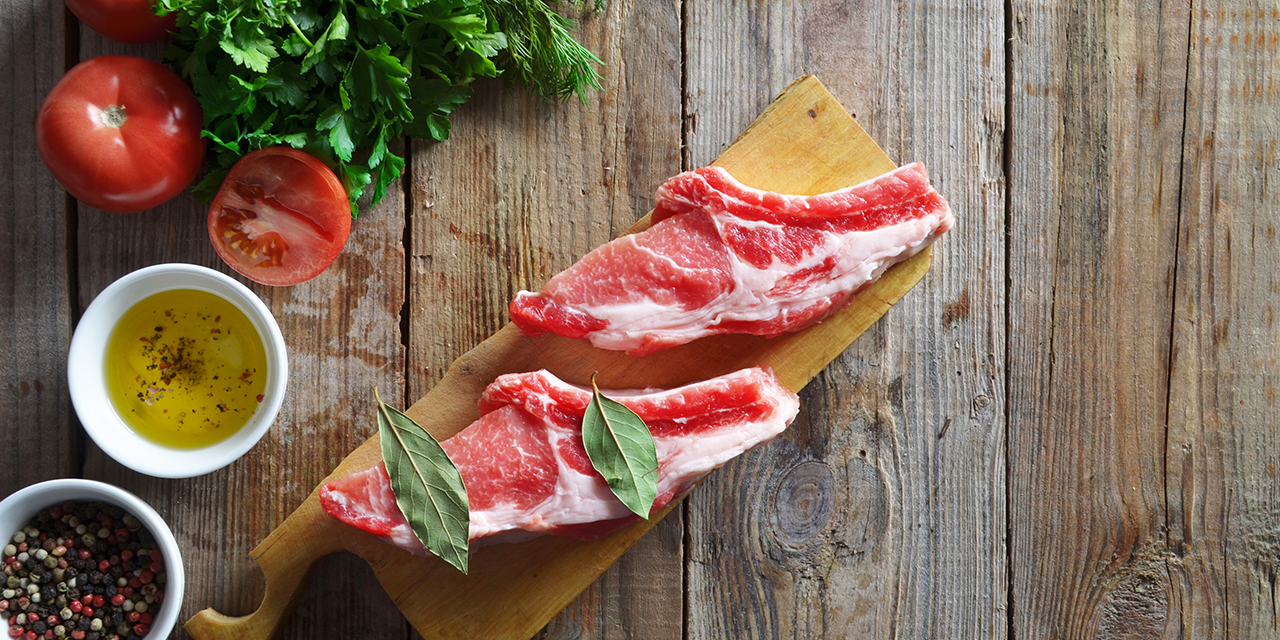FODMAP 101

FODMAP is an acronym for short chain carbohydrates (fermentable oligosaccharides, disaccharides, monosaccharides and polyols). These carbohydrates can cause worsening of IBS symptoms. These small carbohydrates containing 1-10 sugars are not fully absorbed in the small intestine and pass into the large intestine in high amounts; colonic bacteria feeds on these carbohydrates causing gas formation by fermentation. Gas formation in turn causes bloating and abdominal pain.
As the FODMAP content of consumed foods decreases, the osmotic load in the gut and the amount of gas produced as a result of fermentation in the large intestine are reduced. IBS patients who ate low FODMAP foods reported 70% decrease in their symptoms. The complaints that resolved most were gas, bloating and diarrhea.
The down side of eating a low FODMAP diet is, a reduction in the intestinal bacterial (microbial) diversity. If adequate fiber is not taken this is more likely to occur.
IBS patients are therefore advised to eat fiber rich foods while on a low FODMAP diet. If fiber rich intake cannot be possible, probiotic supplementation is recommended.
High FODMAP foods that an IBS patient must avoid are (based on the carbohydrates they contain):
• Lactose: Milk and dairy products
• Fructose: Fruits (apple, pear, watermelon), high fructose corn syrup, honey
• Galacto-oligosaccharides: Legumes (Beans, lentils, chick-peas)
• Fructan: Wheat (highest in durum wheat), rye, barley, onion, garlic, leeks, artichoke
• Polyols: Apples, apricots, nectarines, artificial sweeteners (sorbitol, mannitol, maltitol and xylitol)




